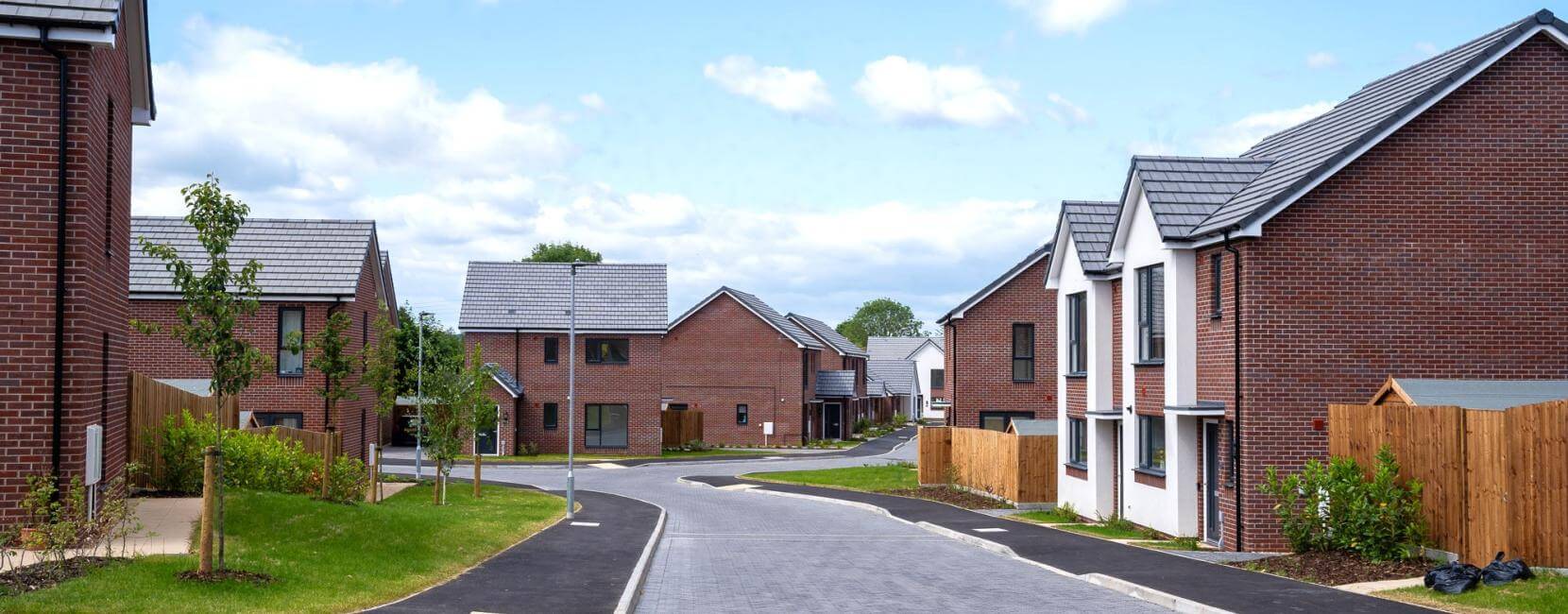Now that the dust has settled on the General Election and our new Government starts to lay the foundations for their term, we’re starting to see various markets around the UK begin to react.
While Labour have inherited a challenging property market - largely impacted by high mortgage rates and inflation - early signs suggest that positive sentiment is returning amidst pledges to build new homes and bring some certainty back to the sector.
Below we explore why political certainty suggests a more positive outlook heading into the second half of the year and what it could mean going forward.
Is the Bank of England rate cut on the horizon?
Following our deep dive into Labour’s victory and the various housing policies set to be implemented, the next major headline is largely focused around whether the Bank of England will cut the Base Rate.
At the time of writing, the situation is relatively fluid. The general expectation is that the first cut could happen in either August or September, which would bode well for the market in Q3.
As always, the timing of the Base Rate cut largely depends on inflation. New data suggests that after consumer price inflation held at 2% during June, it’s more likely to be a September date, which may delay some transactions as homebuyers hold.
It’s also worth noting that while the average five-year fixed rate is 4.97% - well below where it was this time last year - it’s still much higher than the average of 2.51% during 2021. This is likely underpinning some of the caution we’re seeing from the BoE.
Transactions remain steady
With the potential benefit of a Base Rate cut on the horizon, it’s positive to see the ‘General Election bounce’ in action.
Activity across the market has remained largely steady throughout the General Election and beyond. While data suggests some homebuyers are waiting for a cut in the Base Rate before moving ahead with transactions, others are pushing ahead regardless.
The number of sales being agreed is 15% higher than this time last year and the number of new sellers entering the market is also 3% higher based on the same period.
Based on asking price data, it seems that new sellers are looking to drive activity throughout the summer by offering more tempting prices - the average asking price from new sellers has dropped by 0.4% (around £1,600) this month, a larger decrease than usual for this time of year.
According to Rightmove, ‘The vast majority of people have been getting on with their moves since the election was called. The political certainty of having the next government in place is likely to aid home-mover confidence heading into the second half of the year.’
Key takeaways from the King’s Speech
On top of what we’re seeing in reaction to the General Election, the King opened a new session of Parliament with over 40 Bills - some of which directly impact the property sector.
The Renters Rights Bill
A key policy for Labour is ‘levelling the playing field’ between landlords and renters, mostly by giving more rights to tenants around security and protection. This new Bill is designed to create a ‘well-functioning’ PRS that delivers flexibility and security, anchored by a plan to scrap Section 21, commonly referred to as ‘no-fault evictions’. Outside of this, other elements include the right to request to keep a pet and making it illegal to discriminate against tenants with children or those on benefits.
Draft Leasehold and Commonhold Reform Bill
As part of implementing Leasehold and Freehold Reform Act 2024, the UK Government is also looking to improve leaseholders’ rights, either via enfranchisement (extend the lease and buy the freehold) or Right to Manager (take over the freeholders building management functions). Elsewhere, ground rents will be regulated for existing leaseholders and there’s plans to hold a consultation on the best ways to restrict the sale of leasehold flats.
Planning and Infrastructure Bill
A major part of Labour’s manifesto is addressing the undersupply of property throughout the UK. The ‘Planning and Infrastructure Bill’ is looking to streamline and modernise the planning process, which in turn would speed up decision-making and enable the creation of significantly more homes. As part of this, the UK Government has also highlighted their commitment to prioritising brownfield sites - particularly derelict industrial and inner-city sites - before considering green-belt alternatives.
English Devolution Bill
As part of the Government’s recognition that they can’t take advantage of key opportunities at a local level, the English Devolution Bill is designed to transfer power back to local authorities, ensuring that local leaders and Combined Authorities can deliver strategic planning, housing and local infrastructure with the benefit of local knowledge and flexibility. As part of this Bill, there’s also plans to enable ‘right to buy’ for community assets, which would allow local authorities to acquire empty community spaces, shops and pubs to breathe new life into the high street.







